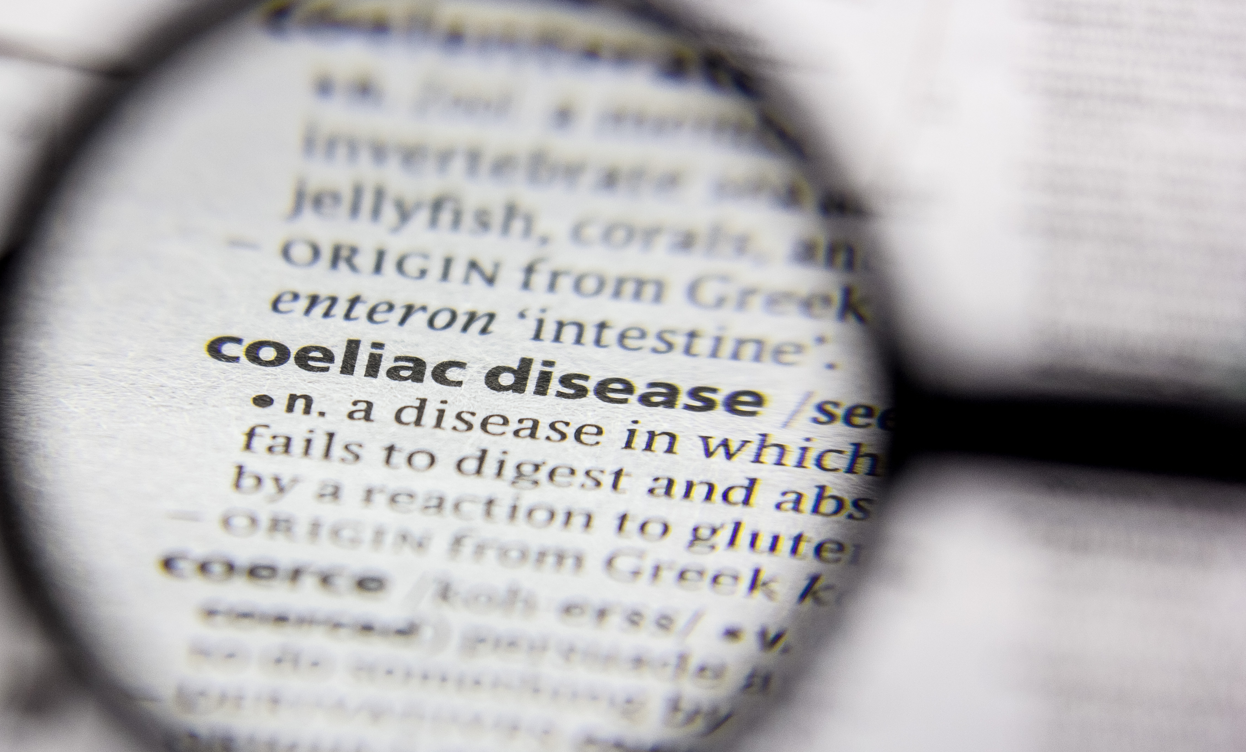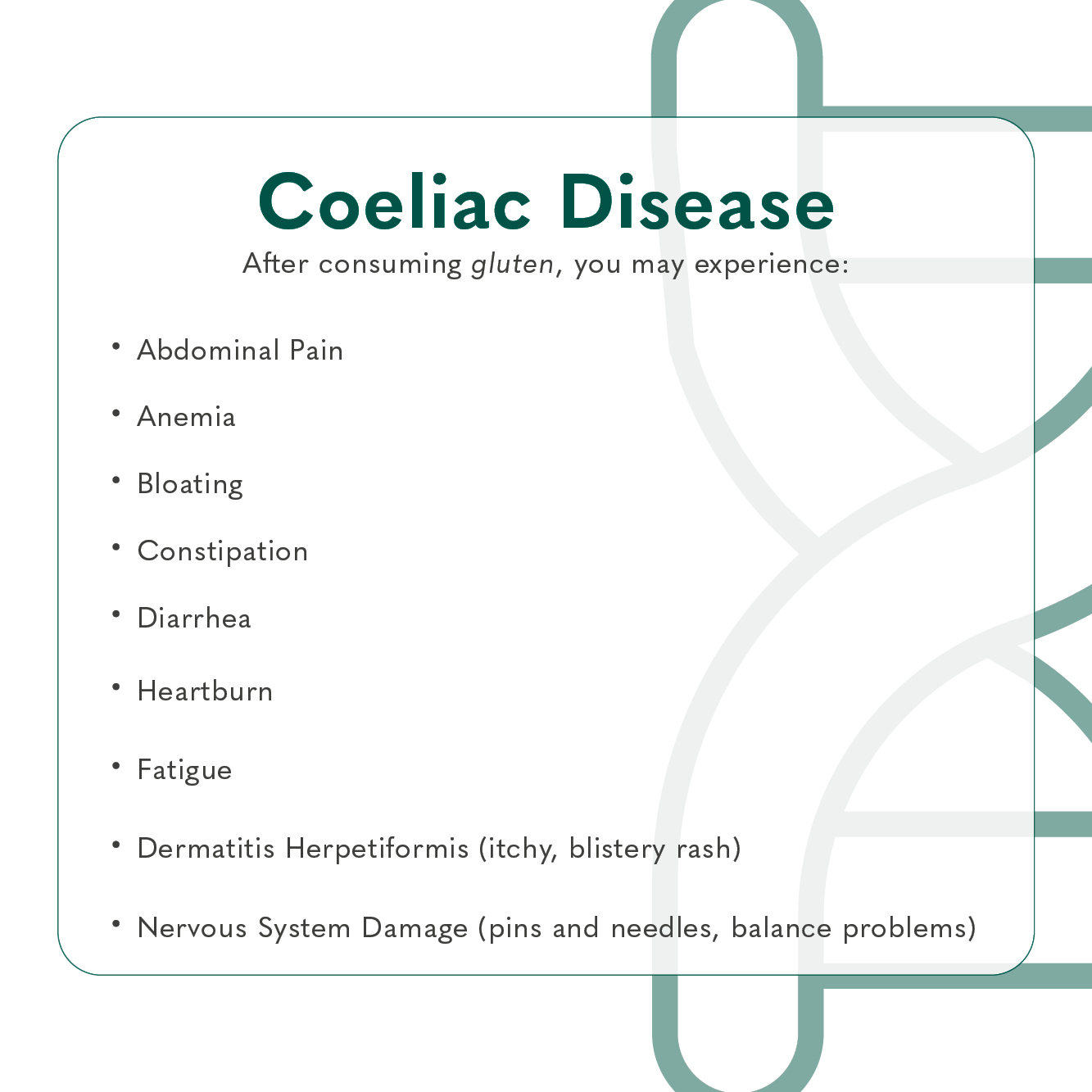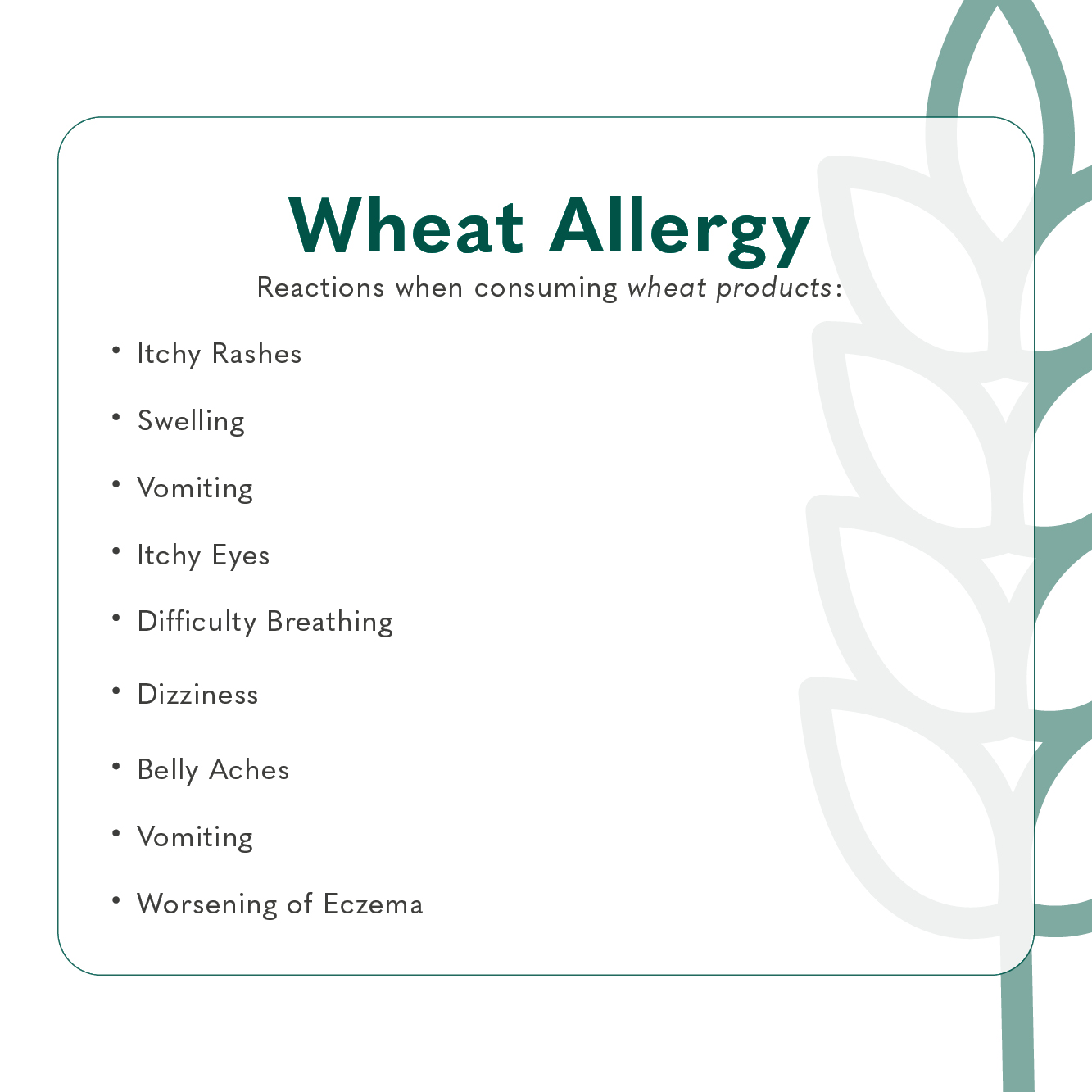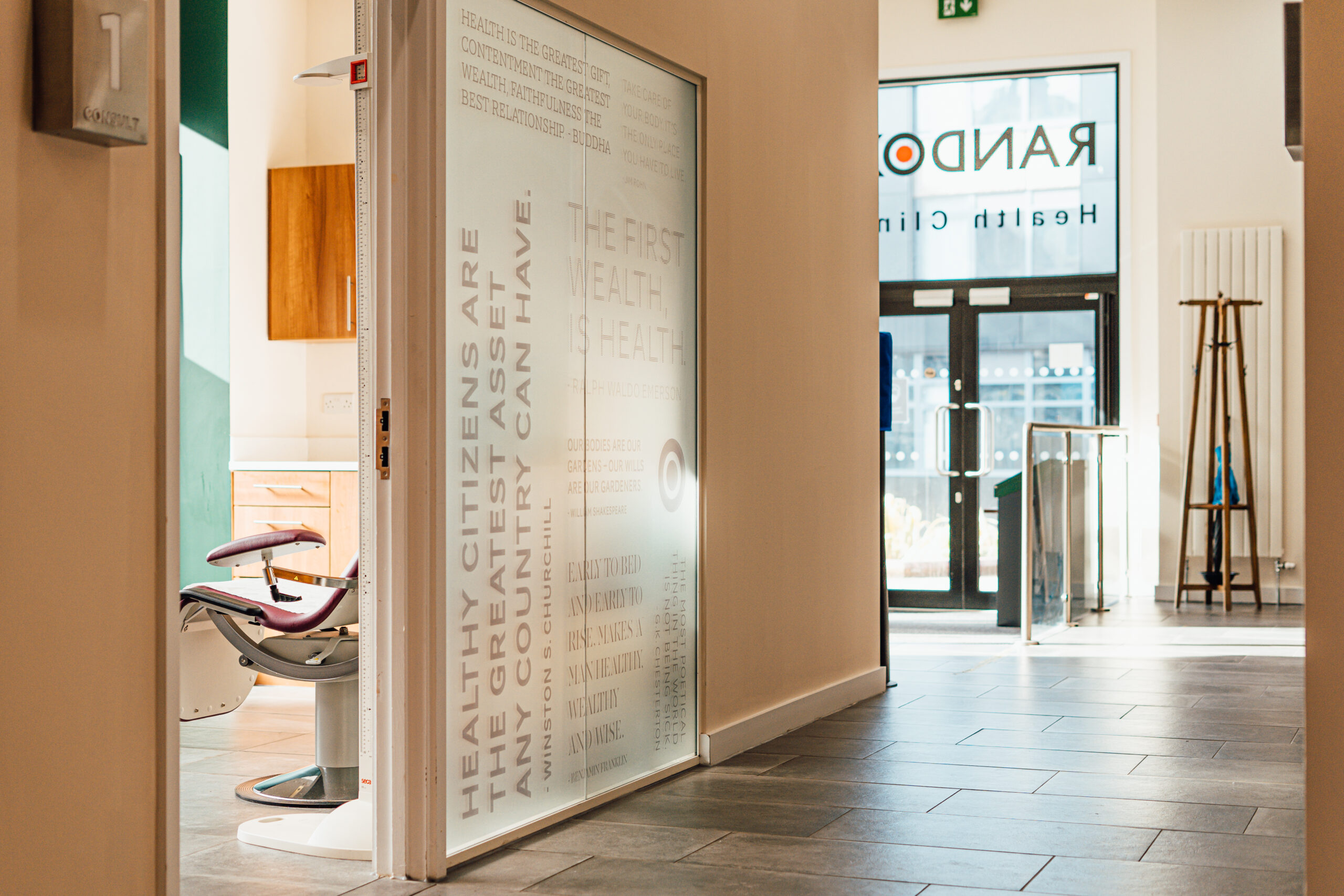14/04/2022
According to WebMD, researchers estimate that only 1 in 5 people throughout the world that develop Coeliac Disease ever find that they have it. It’s not known why people develop this disease or why Coeliac Disease symptoms differ from mild to severe.
Randox Health believe that education & testing is the key to preventing risks of long-term internal damage and want to spread awareness on what Coeliac Disease is, the impacts it can have on our bodies and what we can do to detect it as early as possible.
What is Coeliac Disease?
As described by the NHS, Coeliac Disease is an autoimmune condition where your body’s immune system mistakes one of the substances making up gluten, known as gliadin, as a threat to the body. This causes damage & inflammation to your intestine which flattens the growths called Villi causing symptoms.

Coeliac Disease Symptoms
Coeliac Disease is significantly different to a classic food allergy or food intolerance and as such the symptoms experienced also differ. To avoid confusion between the condition and wheat allergy, the symptoms for both are as follows:


Coeliac Disease doesn’t have a definite cause, but it is known to be genetically passed down through families and linked to certain genes. Coeliac UK claim that if you have a family history of the disease, you have a 10% chance of contracting the disease or if you have an identical twin with it, a 75% chance. Coeliac Disease is most common among Caucasians as well as those with conditions such as:
Type 1 Diabetes
Down Syndrome
Irritable Bowel Syndrome (IBS)
Intestinal Cancer
Complications if Left Untreated
If you are experiencing any of the Coeliac Disease symptoms above when including gluten in your diet, its important to stop eating gluten as several serious complications can develop which range from awkward and uncomfortable to seriously life-threatening:

- Malabsorption – Leads to deficiency of certain vitamins and minerals which can cause conditions like Iron and B12 anaemia or osteoporosis
- Malnutrition – Due to It causing your digestive system to deteriorate, severe cases can results in a lacking of nutrients causing fatigue, confusion or weakness in muscles and joints.
- Lactose Intolerance – The impact that Coeliac Disease has on the Villi growths on the digestive system also can affect the way we digest dairy products. We also provide in-clinic genetic testing for lactose intolerance which you can find here.
- Cancer – Cancers associated with Coeliac Disease include small bowel cancer, small bowel lymphoma and Hodgkin Lymphoma however this is a very rare risk for those with Coeliac Disease.
- Infertility/Pregnancy issues
Why Testing Early has Significance to Your Health
When encountering symptoms such as bloating, stomach pain or fatigue, we can be quick to diagnose ourselves to say it was food poisoning or even IBS without evening getting the symptoms checked out. Coeliac Disease when unidentified not only risks serious health issues for yourself but can mean close family members may also experience it and have no idea.
With a Randox Health Genetic Coeliac Disease Test we can specifically evaluate your risk of Coeliac Disease, act on those risks and ultimately protect your future.




